Does feminism have a place in Nigeria? One could argue this question is both provocative and controversial. However, it is well-known that Nigeria is both a patriarchal and male dominated society.
Furthermore, some of our high profile Nigerian females, such as singer Tiwa Savage and DJ Cuppy have rejected feminism in the past.
However, I personally have a lot to thank feminism for, as it helped to activate my political consciousness and awareness. It also helped to foster my anti-racism thinking. Before I discovered racial politics, I discovered gender politics.
You may also like:
- Tiwa Savage’s Water & Garri movie and the bitter truth

- Meet Chioma Nnadi – The first black woman to head British Vogue

- Best Summer Fiction of 2023

Feminist Awakening
As a teenager growing up in the UK during the 1990s, I vividly remember when I first encountered feminism. My sociology teacher introduced us to the ideology whilst studying A’Level.
He taught us about the different types of feminism that existed at the time. For example, liberal, radical and socialist to name a few.
I remember feeling a sense of awakening and empowerment upon this new discovery. Particularly because I grew up in a strict Nigerian household with traditional values; where there are distinct roles expected of men and women.
At the time, I felt a sense of rebellion upon my new found revelation. I wanted to constantly challenge and reject any notion or action which I believed was discriminating to women.
African Feminism
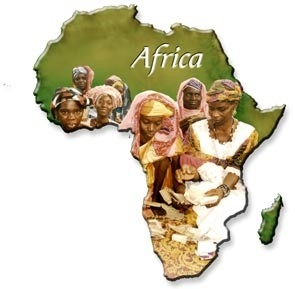
It was fascinating to read about the suffragettes and the various feminist advocates who fought for women’s rights in the UK.
However, I became increasingly aware that what I learnt at school, did not delve into the experiences of black women nor did it highlight the contribution of black women who advocated for change.
‘White Western’ feminism did not take into account the particular issues black women face. Particularly, the intersection of both their blackness and their womanhood.
I later discovered Black feminism in my 20’s, as a university student. This consequently led to my discovery of African feminism.
African feminism is a type of feminism innovated by African women that specifically addresses the conditions and needs of continental African women (i.e African women who reside on the African continent).
Noteworthy feminist movements have sprouted across the African continent. However, the feminist movement in Nigeria serves as a prime example.
Nigerian Feminism
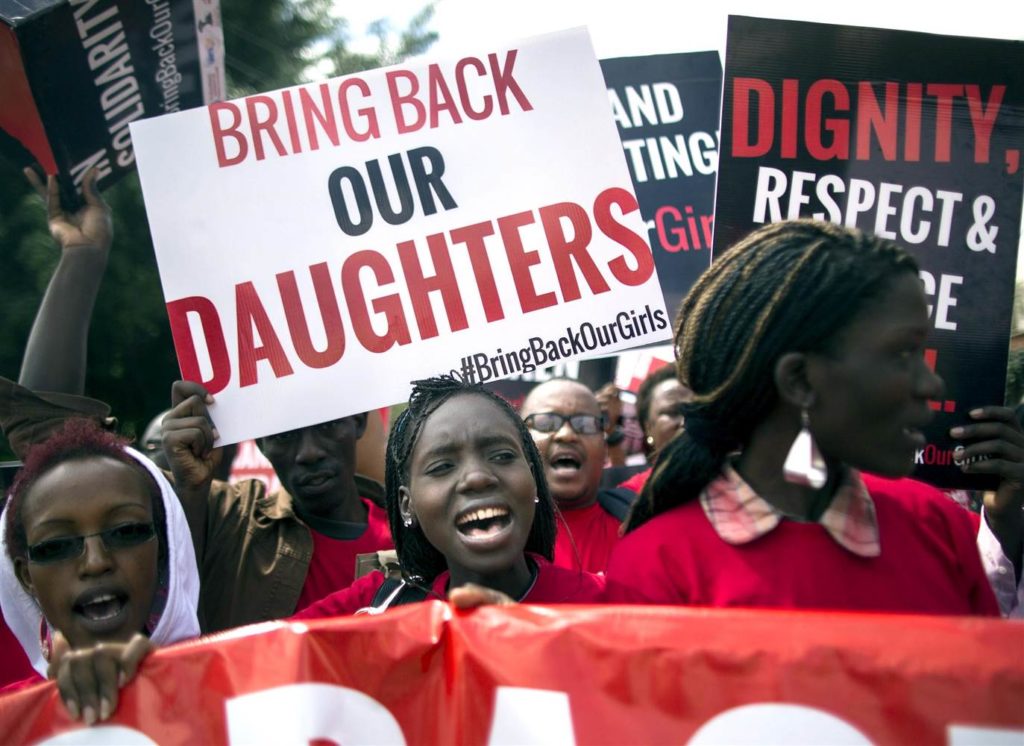
Related Articles
- I am from the Igbo tribe – British rapper Tinie Tempah links creativity to heritage

- Late Alaafin’s ex-wife, Queen Dami, drags Portable to court over threat to life
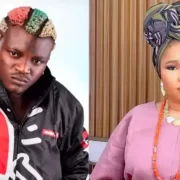
- Teddy A, Bambam unfollow each other on Instagram

The most prominent form of the feminist movement in Nigeria, finds its origins in Women in Nigeria (WIN). The organisation was founded in 1983 with a clear agenda to establish an ‘ideologically feminist movement’.
WIN sponsored research projects while engaging in policy advocacy and activism, holistically aimed towards enhancing the socioeconomic conditions for women in Nigeria.
From 2008, the Nigerian Feminist Forum (NFF) replaced WIN, establishing a larger and more coherent coalition.
Contemporary Nigerian Feminism
Technology has played a significant role in contemporary Nigerian feminism. Thanks to the internet, blogs and social media, Nigerian feminists have been able to propagate an unprecedented awareness which has revolutionized social relations.
There are strong movements such as ‘Female In Nigeria’ or FIN. FIN encourages women to give voice to the harsh realities facing them in the country.
‘Bring Back Our Girls’ is a campaign to rescue hundreds of girls kidnapped by the terror group Boko Haram. More recently, ‘No More’ (a hashtag movement founded by Nigerian activist, Ireti Bakare-Yusuf) calls for an end to sexual abuse and impunity.
Nigeria has produced an array of feminists over the years. The following are some of the most notable ones.
Funmilayo Ransome Kuti
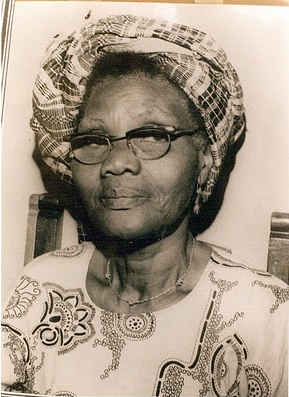
Born Frances Abigail Olufunmilayo Thomas on 25 October 1900 and also known as Funmilayo Anikulapo-Kuti. Funmilayo was a Nigerian educator, political campaigner, suffragist and women’s rights activist.
During the 1940s, Ransome-Kuti established the Abeokuta Women’s Union and fought for women’s rights. This union demanded better representation of women in local governing bodies and an end to unfair taxes on market women.
Ransome-Kuti received the Lenin Peace Prize Award and was awarded membership in the Order of the Niger for her work.
In her later years, she supported her sons’ criticisms of Nigeria’s military governments. She died aged 77 after receiving injuries from a military raid on her family property. Ransome-Kuti’s children include world renowned musician Fela, doctor and activist Beko Ransome-Kuti and former health minister Olikoye Ransome-Kuti.
NRTC News Categories
- Africa
- Athletics
- Banking & Finance
- Basketball
- Biographies
- Boxing
- Business
- Celebrities
- Contributors
- Corper's Corner
- Economy
- Education
- Entertainment
- Fashion
- Featured
- Food
- Football
- Giveaways
- Health
- Interviews
- Leading Stories
- Lifestyle
- Listicles
- Metro
- Movies
- Music
- Nigeria
- NRTC English
- Oil & Gas
- Opinions
- Photos
- Politics
- Relationships
- Sports
- Technology
- Telecom
- Tennis
- Travel
- UK
- US
- Videos
- World
Chimamanda Ngozi Adichie
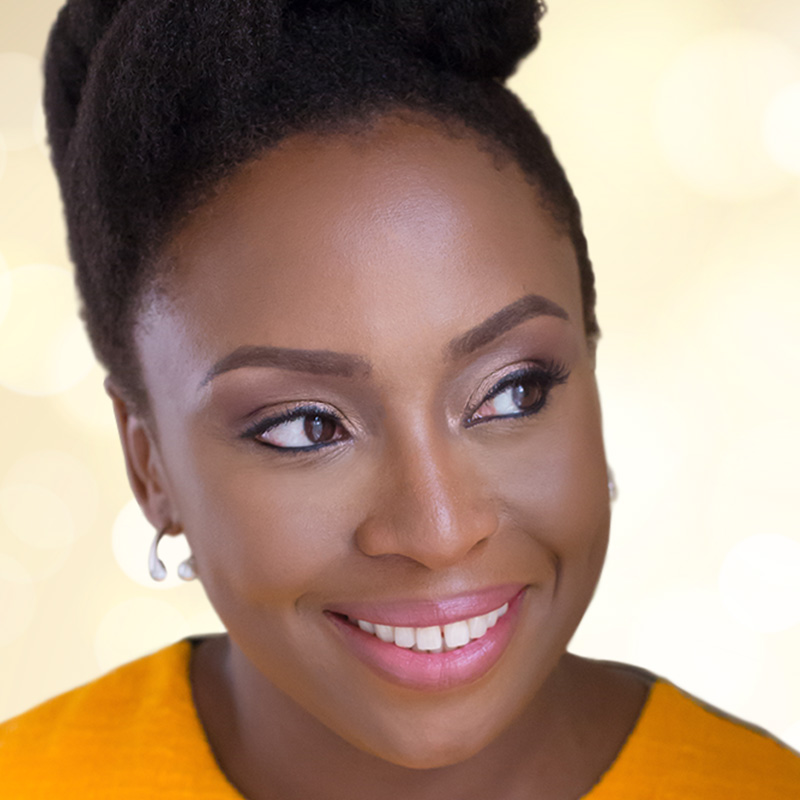
Chimamanda Ngozi Adichie is an acclaimed and award winning writer, whose work range from novels to short stories to nonfiction.
She was described in The Times Literary Supplement as “the most prominent” of a “procession of critically acclaimed young anglophone authors [which] is succeeding in attracting a new generation of readers to African literature”.
Adichie, born in Enugu, Nigeria on 15 September 1977, has written the novels Purple Hibicus (2003), Half of a Yellow Sun (2006), and Americanah (2013), the short story collection The Thing Around Your Neck (2009), and the book-length essay We Should All be Feminists (2014).
Her most recent book, Dear Ijeawele or a Feminist Manifesto in Fifteen Suggestions, was published in March 2017.
In a 2014 interview, Adichie said on feminism and writing: “I think of myself as a storyteller but I would not mind at all if someone were to think of me as a feminist writer….I’m very feminist in the way I look at the world, and that world view must somehow be part of my work.”
Iyaloye Oyinkansola Abayomi
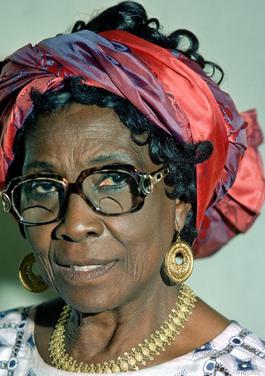
You may also like:
- Tiwa Savage’s Water & Garri movie and the bitter truth

- Best Summer Fiction of 2023

- Hilda Baci Officially Confirmed as Guinness World Record Holder

Iyaloye (aka Lady Abayomi), born on 6 March 1897, was a Nigerian nationalist and feminist. She was the head of the Nigerian Girl Guides and founder of the Nigerian Women’s Party.
Abayomi’s father, Sir Kitoye Ajasa was a prominent Yoruba tribesman and was the first Nigerian to be knighted by the British. Her mother, was Lucretia Olayinka Moore, an omooba (princess) of an Egba royal family.
Abayomi went to school at the Young Ladies Academy at Ryford Hall, located in Gloucestershire, England. While in England, Abayomi joined the Girl Guides.
She connected with the local Lagos Nigerian Girl Guides Association (founded by an English woman) when she returned to Nigeria. Abayomi joined the group and was the first Nigerian woman to serve as a supervisor.
She also became active in the education of women and girls in Nigeria, which was not equal to that of men and boys.
She joined the Lagos Women’s Organisation. Abayomi founded the West African Educated Girls’ Club in 1927. She was a founding teacher at the school and was the only Nigerian to work there. Around this time, she became one of the first women in Lagos to drive a car.
Fakhriyya Hashim
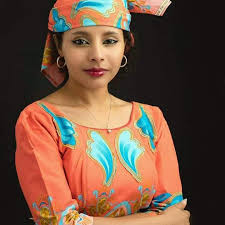
Hashim was born on 21 January 1993, in Kaduna State. A Muslim and of Hausa ethnicity, Fakhriyya is part of a new breed of activists in Nigeria. She currently resides in London and has been a vocal champion against police brutality in Nigeria and SARS (Special Anti-Robbery Squad).
A finance graduate with experience in social activism since 2015 and the architect of the “Arewa Me Too” hashtag, she seeks to bring cohesiveness and growth to the movement.
She has previously stated about her social activism. “We’re working towards creating synergy between different institutions; where beyond advocacy, policies are adopted.”
Many non-governmental organizations have been working on tackling the issue of sexual violence for years, but Hashim says the lack of cohesiveness has been hindering them from achieving their goals.
She and her team are working to provide victims with therapists and legal support so that they pursue justice and have access to the support they need.
So Does Feminism Have a Place in Nigeria?
With the enduring prevalence of Gender Based Violence (GBV) against women in Nigeria and the significant inequalities faced by women in the labour market, the answer is seemingly in favour for it to exist.
As my entrepreneur husband, who is a supporter of women’s rights would say, “Nigeria will not have true liberation or emancipation if its women, who are the backbone and bedrock of Nigerian society, are oppressed.”
With that said, “So long as girls and women are not free, none of us are free”.




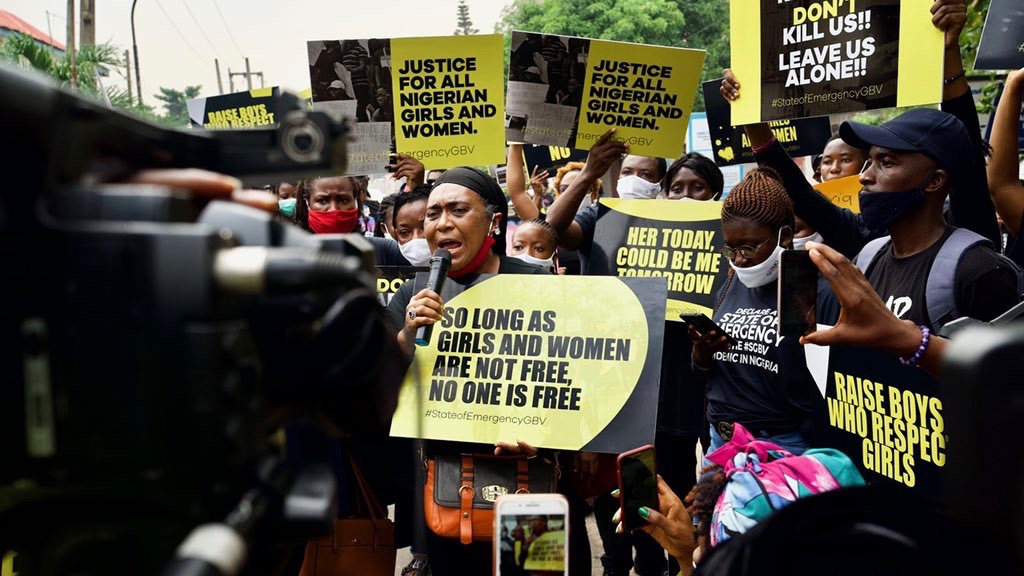
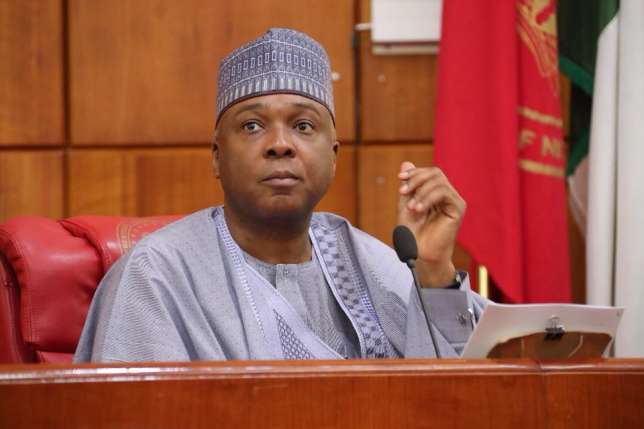
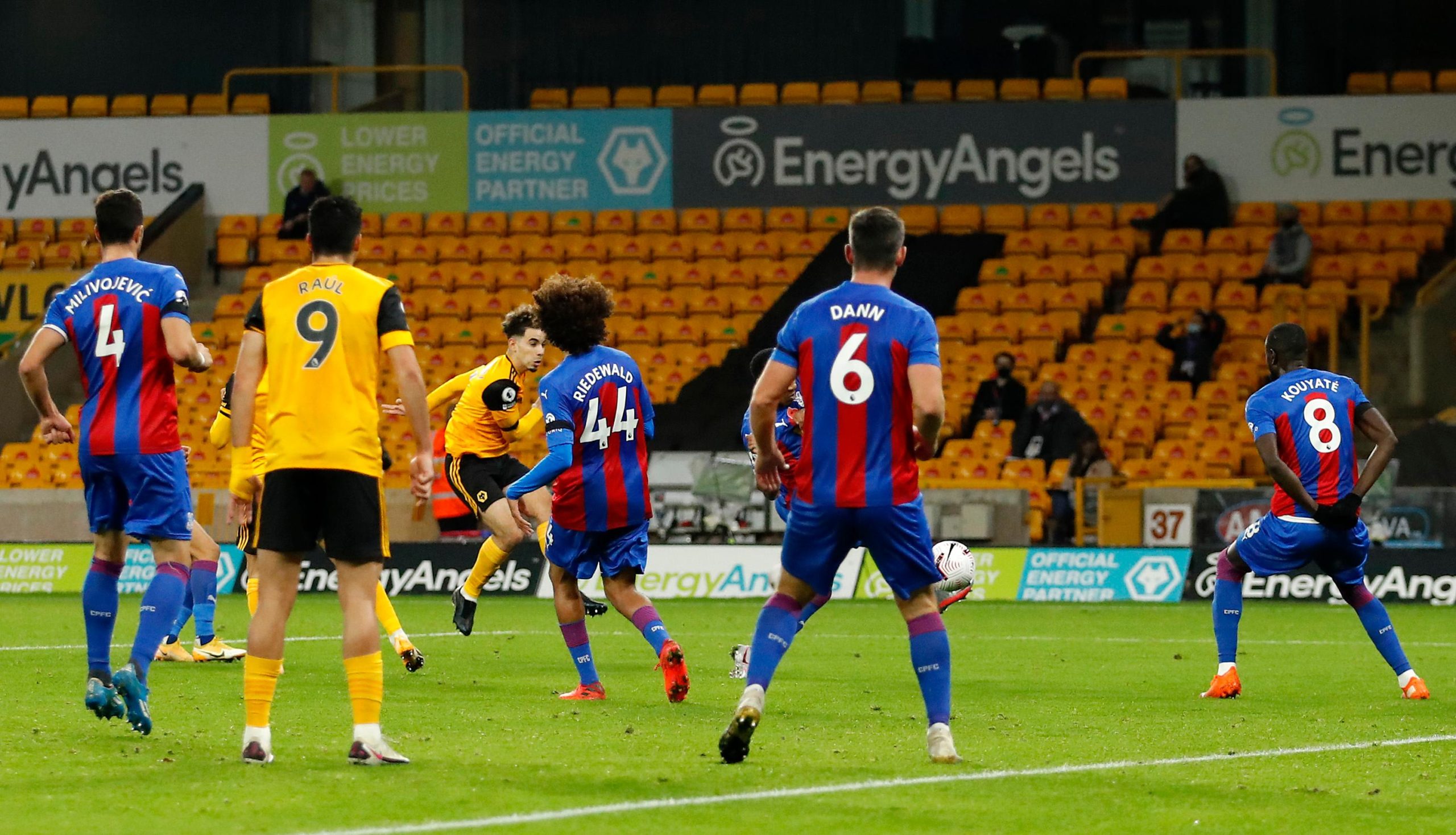

Brilliant article as always from effervescent Vivian Adeyemo. The strength and resolve of our women were on display for all to see during the recent EndSars protests. About time we empower more women and until then. We would truely continue to lag behind!